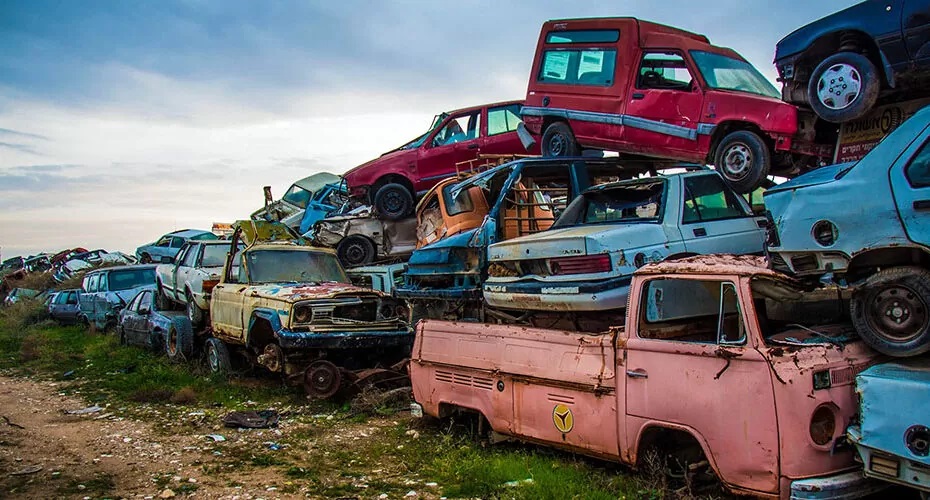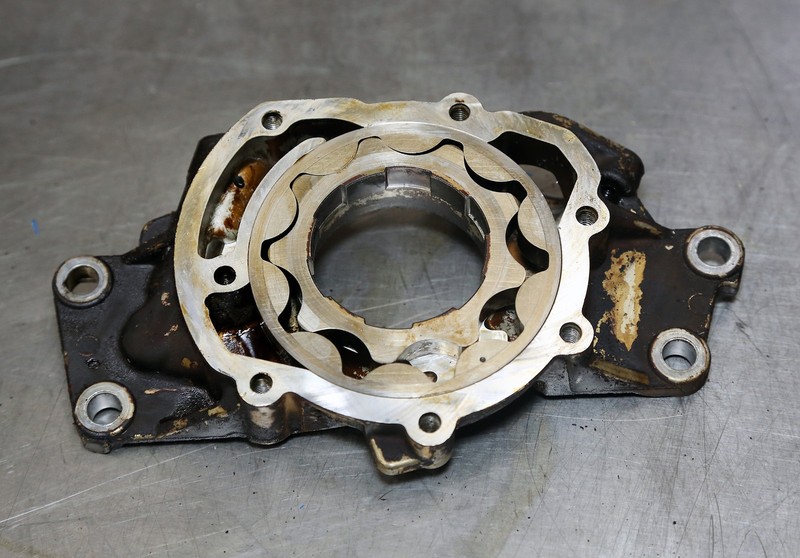The Green Side of Scrap: Environmental Impact and Monetary Returns in Singapore’s Car Recycling

In the bustling city-state of Singapore, where innovation and sustainability go hand in hand, there lies a hidden gem in the world of recycling – the car recycling industry. Beyond the towering skyscrapers and efficient public transportation, the scrap value of cars in Singapore holds a green secret that combines environmental responsibility with significant monetary returns.
Unlocking Environmental Benefits
As the global push for sustainability gains momentum, Singapore has been quick to embrace eco-friendly practices. Car recycling plays a crucial role in this endeavour by mitigating the environmental impact of discarded vehicles. Unlike conventional waste disposal, where cars contribute to landfills and pollution, the recycling process salvages valuable materials while minimizing ecological harm.
One of the primary environmental benefits of car recycling lies in the reduction of raw material extraction. Extracting metals and minerals for car production is an energy-intensive process that often involves destructive mining practices. By recycling cars, we can significantly decrease the demand for fresh raw materials, conserving energy and reducing the environmental footprint associated with extraction.
Moreover, the proper disposal of hazardous materials found in cars, such as batteries and fluids, prevents the contamination of soil and water sources. The responsible management of these elements ensures that Singapore’s natural ecosystems remain unharmed, aligning with the nation’s commitment to preserving its lush green spaces.
Monetary Returns from Scrap Value
Beyond its positive environmental impact, car recycling in Singapore presents a compelling economic opportunity. The scrap value of cars in Singapore is not merely symbolic but holds tangible financial returns for individuals and businesses alike.
The process begins with the evaluation of a vehicle’s scrap value, which is determined by factors such as the age, make, model, and condition of the car. Remarkably, what may seem like an old, unusable vehicle to its owner can possess valuable components and materials. The recycling industry extracts these materials efficiently, providing a stream of revenue for those looking to dispose of their cars responsibly.
Entrepreneurs in the scrap business recognize the economic potential of salvaging metals like steel, aluminium, and copper from end-of-life vehicles. The demand for recycled metals is high, driven by industries eager to embrace sustainable sourcing practices. This surge in demand not only stimulates economic growth but also fosters a circular economy, where materials are reused, reducing the strain on natural resources.
The Singaporean Perspective: Scrapping for a Greener Future
Singapore’s commitment to environmental sustainability is evident in its drive to transform challenges into opportunities. The scrap value of cars in Singapore is a prime example of how the nation leverages innovation to create a sustainable and lucrative industry.
As the nation continues to urbanize, the need for efficient waste management becomes increasingly critical. Car recycling represents a holistic solution, addressing both environmental concerns and economic interests. By fostering a culture of responsible disposal and recycling, Singapore sets a precedent for other nations seeking to balance progress with environmental stewardship.
In conclusion, the green side of scrap in Singapore’s car recycling industry unveils a harmonious blend of environmental responsibility and financial gain. The scrap value of cars in Singapore is not just a number but a testament to the nation’s commitment to sustainable development. As we navigate the future, embracing the green side of scrap becomes not only an economic opportunity but a collective responsibility towards a greener, more sustainable world.




